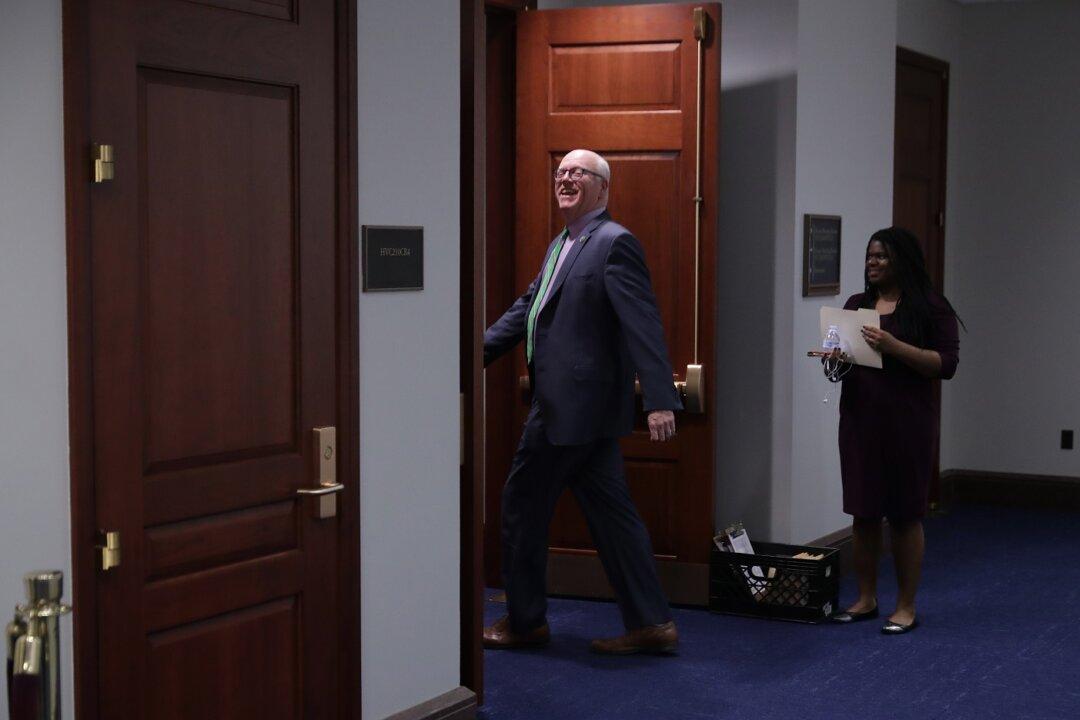WASHINGTON—Sen. Ted Cruz, the very conservative Texas Republican, and Rep. Alexandria Ocasio-Cortez, the Democratic socialist from New York, have found a legendary political needle in a haystack—their shared antipathy to lobbying by former congressmen.
Their surprise alliance came May 30 via a Twitter exchange, sparked by a Public Citizen report that found 26 of 44 former members (or 59 percent) who left Congress after 2018 are now working in the nation’s capital for lobbying firms, lobbying consultancies, trade groups, or business associations.





